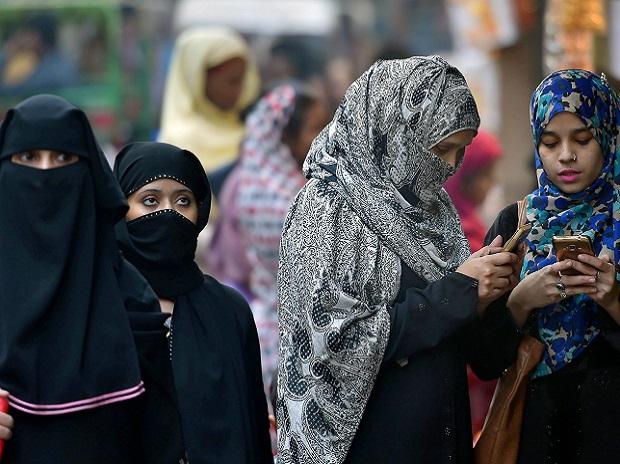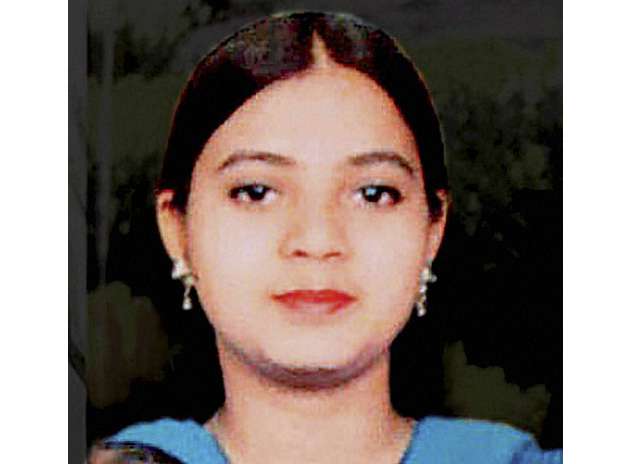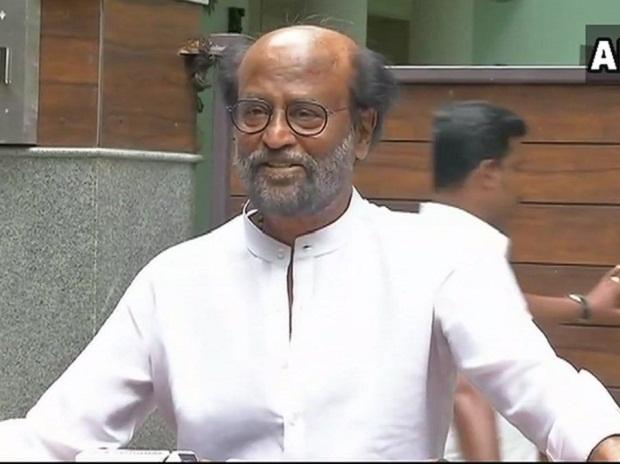From academic jargon, the word 'patriarchy' has come a long way in the Indian public sphere. But it has a long way to go yet
Contrary to the impression one gets from the popular social media usage these days patriarchy is not simply a system of male-dominance over women. According to bell hooks, “Patriarchy has no gender”. Elsewhere she says, “Patriarchy is political-social system that insists that males are inherently dominating, superior to everything and everyone deemed weak, especially females, and endowed with the right to dominate and rule over the weak.”
Patriarchy is not just ‘women’s issues’
It is an entangled problem of power. It is a problem for all those that are deemed weak.
It is regrettable that many women’s right activists who critique patriarchy and root for gender justice among Muslims ignore the social and cultural impact of economic exclusion and exploitation of Muslims. While intersectionality of identities is important it is also equally, if not more, important to see the interlinkages of political and economic conditions. Advocates of women’s rights who also have a commitment to secularism face a dilemma – as do Muslim women who do not wish to align with Hindutva elements – lest they forfeit the security and right to dignity of the entire community.
Read More On → Triple Talaq






